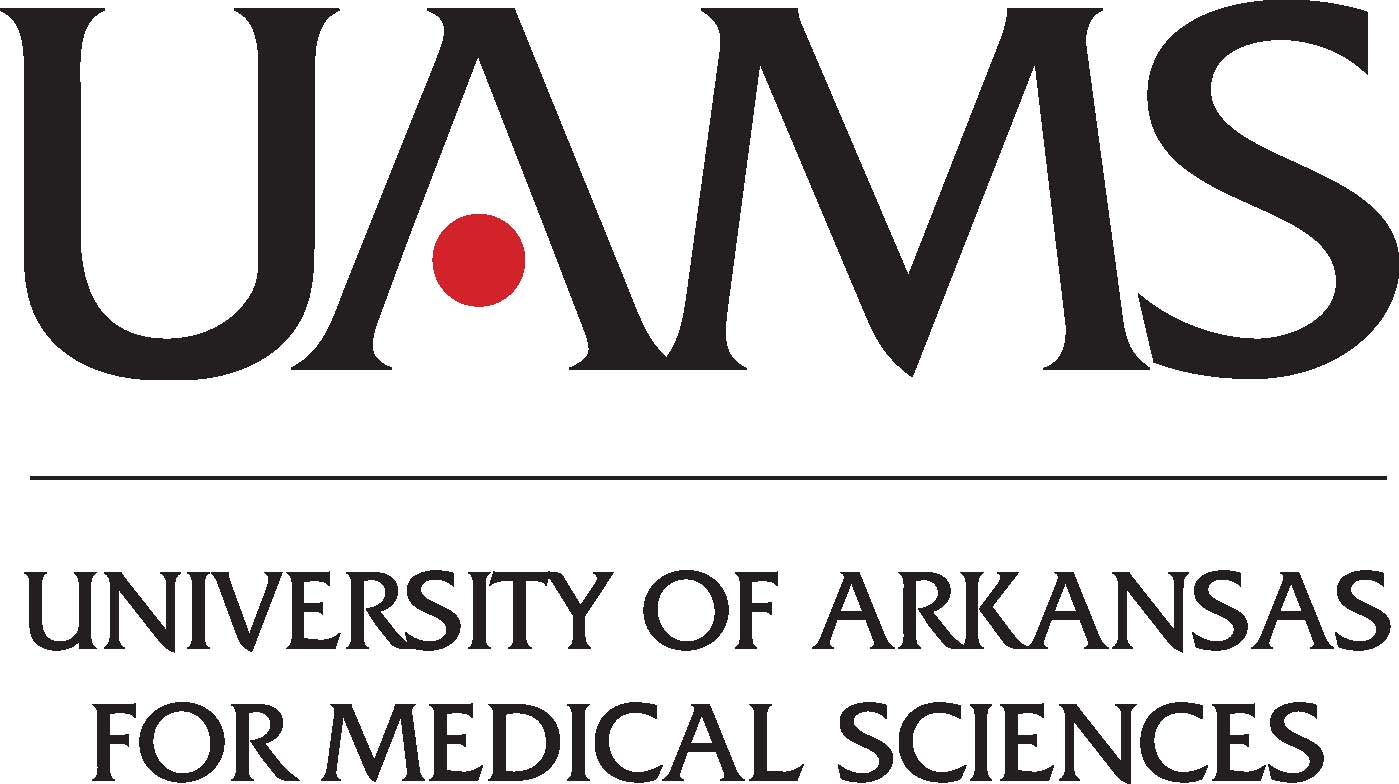Effectiveness of Two Types of Treatment in Restoring Muscle After Hip or Knee Surgery
| Status: | Archived |
|---|---|
| Conditions: | Arthritis, Osteoarthritis (OA), Orthopedic |
| Therapuetic Areas: | Rheumatology, Orthopedics / Podiatry |
| Healthy: | No |
| Age Range: | Any |
| Updated: | 7/1/2011 |
Restoration of Muscle Following Hip Surgery
The purpose of this study is to determine the effects of two postoperative interventions
designed to preserve muscle protein after major hip or knee surgery.
Hip fractures among the elderly are a major health concern. Nearly one-third of elderly hip
fracture patients die within 1 year of the injury. Events surrounding the actual injury and
any necessary surgical repair often lead to reduced muscle protein, and eventually, muscle
strength. Loss in everyday function and independence may follow, especially in elderly or
frail individuals. The decrease in protein synthesis may be caused by two main events
following injury and surgery: prolonged inactivity and an increase in stress hormone levels.
Preventing a loss in protein may help to improve outcomes for individuals undergoing hip
surgery and rehabilitation. The purpose of this study is to determine the effects of two
postoperative interventions designed to retain muscle protein after major hip or knee
surgery in adults.
This study will include two experiments. Experiment 1 will include individuals who are
scheduled for hip or knee replacement surgery because of osteoarthritis (the need to repair
or replace the affected joint), or avascular necrosis (bone tissue death caused by lack of
blood supply). Experiment 1 participants will be randomly assigned to one of four groups:
- Group 1 participants will receive daily supplements of essential amino acids, which are
thought to stimulate protein synthesis.
- Group 2 participants will receive daily supplements of whey, an intact protein that has
been considered less effective than essential amino acids at stimulating protein
synthesis.
- Group 3 participants will receive daily lactose monohydrate, which will act as an
equivalent caloric control.
- Group 4 participants will receive standard rehabilitation care while in the hospital
and will serve as controls for the effect of time on recovery.
Participants will be in the hospital for about 4 days. On the morning of surgery, blood and
urine collection will occur. During surgery, substances called tracers, measuring the extent
of protein synthesis and breakdown, will be injected into a vein for the first metabolic
study. Additional blood and muscle samples will also be taken. After surgery, when
participants arrive in the surgical recovery unit and are able to eat, they will begin to
record all food intake and will receive their assigned treatment. Treatment, in the form of
gel capsules, will be taken 2.5 hours after each meal. Urine will be collected throughout
hospitalization and blood will be collected each morning. Prior to discharge, a 24-hour
metabolic study will be performed, including tracer injections and muscle biopsies. After
discharge, participants will be provided with 6 weeks' worth of their assigned treatment.
Follow-up visits will occur 2 and ~6 to 8 weeks after surgery. These visits will include
various muscle function and physical performance tests. Participants will also undergo a
dual energy x-ray absorptiometry (DEXA) scan, which will be used to determine muscle mass.
Experiment 2 participants will include individuals scheduled for either hip or knee
replacement surgery or fracture repair surgery. Participants will be randomly assigned to
one of two groups:
- Group 1 participants will receive the antifungal drug ketoconazole, which is thought to
reduce levels of the stress hormone cortisol.
- Group 2 participants will receive placebo and standard rehabilitation care while in the
hospital.
Participants will begin taking their assigned treatments the day prior to surgery; those
with a hip fracture will take their assigned treatment at least 4 hours prior to surgery.
The same procedures that occurred in Experiment 1 during surgery and hospitalization will be
carried out during Experiment 2. The second metabolic study, however, will last only 1 hour
and will include a standard clinical meal.
We found this trial at
1
site
529 West Markham Street
Little Rock, Arkansas 72205
Little Rock, Arkansas 72205
(501) 686-7000

University of Arkansas for Medical Sciences The University of Arkansas for Medical Sciences (UAMS) in...
Click here to add this to my saved trials